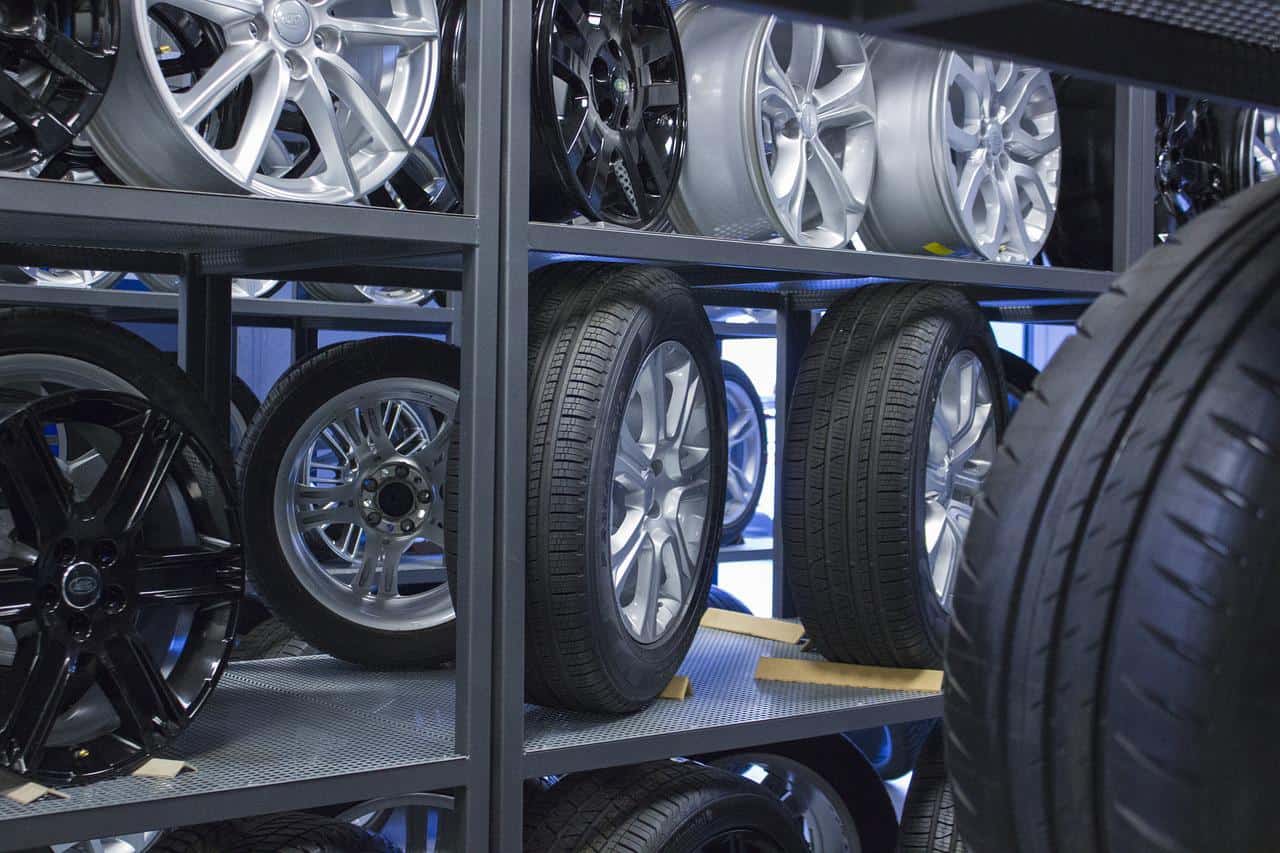FMCSR is the Federal Motor Carrier Safety Regulations. FMCSR encompasses all rules and regulations for vehicles weighing more than 10,000 pounds. This includes tractor-trailers, as well as large pickup trucks pulling a trailer.
How Does FMCSR Work?
FMCSR is a set of regulations that define the minimum safety standards for drivers and vehicles alike. They are published in Title 49 of the U.S. code of Federal Regulations.
The regulations are organized by numbers and parts. They include topics from the Pipeline and Hazardous Materials Safety Administration, the Federal Motor Carrier Safety Administration and the Department of Transportation General Regulations.
Keep reading to find answers to some of the most frequently asked questions about the FMSCR.
What Does FMCSR Stand For?
What does FMCSR mean? FMCSR stands for the Federal Motor Carrier Safety Regulations. The abbreviation applies to all of the rules of interstate transportation for large vehicles, as created by the Federal Motor Carrier Safety Administration (FMCSA).
Who Is Subject to FMCSR?
Any vehicle weighing more than 10,000 pounds is subject to the FMCSR. This can include tractor-trailers, pickups with a load, buses, or delivery vehicles. It can also apply to the trucking industry as these vehicles fall under FMCSR guidelines.
For example, the FMCSA recently revised guidance on freight brokers and agents. Likewise, there is a discussion on whether or not load boards should have to register as brokers under newer FMCSR guidelines.
What Does FMCSR-Regulated Mean?
FMCSR-regulated means the vehicle and driver must meet all FMCSR standards and regulations. If a vehicle is FMCSR-regulated, the vehicle owner and the driver will need to ensure that they are always in compliance with the FMCSR.
What Does it Mean to be FMCSR Compliant?
FMCSR compliance means that the driver and vehicle have met and continue to uphold all of the FMCSR regulations. This usually requires drivers to take a course or consult an expert as FMCSR is quite comprehensive. Plus, a CDL license alone is not sufficient preparation for FMCSR.
A full list of regulations and interpretations can be found on the FMSCA website. Examples of areas covered by FMCSR include the following:
- Hours of Service of Drivers
- Qualifications of Drivers and Longer Combination Vehicle (LCV) Driver Instructors
- Driving of Commercial Motor Vehicles
- Parts and Accessories Necessary for Safe Operation
- Inspection, Repair, and Maintenance
- Transportation of Hazardous Materials Driving and Parking Rules
- Transportation of Migrant Workers
- Employee Safety and Health Standards
- Special Training Requirements
- Waivers, Exemptions, and Pilot Programs
- Controlled Substances and Alcohol Use and Testing
- Commercial Driver’s License Standards, Requirements, and Penalties
- State Compliance with Commercial Driver’s License Program
- Safety Fitness Procedures
FMCSR vs HMRs
FMCSR refers to the overall list of compliance regulations. In contrast, HMRs refers specifically to hazardous materials regulations set forth as part of the Federal Motor Carrier Safety Regulations.
In terms of FMCSR vs HMRs, operating a vehicle of any size and using it to transport hazardous materials falls under HMR regulations. Only vehicles that weigh 10,001 pounds or more fall under FMCSR.
How the Federal Motor Carrier Safety Administration Supports Drivers
The Federal Motor Carrier Safety Administration recognizes that FMCSR can be confusing for drivers. For that reason, they have created an FMCSA resource to help drivers meet FMCSA compliance. This explains the safety measures the FMCSA covers, including the following details.
Providing Compliance, Safety, Accountability Measures
FMCSR supports driver safety through its Safety Measurement System (SMS). They focus these resources on the highest risks for carriers in order to create a performance-based safety system and protect drivers.
Commercial Driver’s License (CDL) Assistance
FMCSR helps to educate commercial drivers. This includes helping drivers meet their requirements and obtain a state-level CDL.
Motor Carrier Safety Assistance
The Motor Carrier Safety Assistance Program offers financial assistance to states. This assistance is designed to reduce the number of accidents as well as the severity of them. This essential service also sponsors states’ CMV enforcement efforts to make the roads safer for all drivers.
National Registry of Certified Medical Examiners
Since drivers have to pass set medical examinations, the FMCSR provides CMV drivers with access to a database of trained medical professionals, all of whom have met the necessary requirements for their roles. Drivers can access the FMCSR database to find a certified medical professional from home or while they are on the road.
New Entrant Program
The New Entrant Program of the FMCSR increases safety by monitoring new operators for the first 18 months. All new CMV operators are required to register with the FMCSA before they start driving along interstate routes. They are then required to undergo a safety audit and be monitored for 18 months.
Hazardous Materials (HM) Program
Drivers who want to earn a premium for transporting hazardous materials can take advantage of the FMCSA’s HM Program. FMCSR’s Hazardous Materials Program provides essential training, education, and information about the transportation safety, regulations, and emergency responses that are involved in the transport of hazardous materials.
FMSCR For Driver Safety
The main purpose of the FMSCR is to promote the safety of all drivers on interstate roadways. For long-haul truck drivers, FMSCR compliance requires extra steps and education, but it can lead to fewer accidents, a better track record, and greater long-term earnings overall. FMCSR is one of many government programs designed to facilitate safe, efficient travel and the successful delivery of goods across the country.
Sign up for a FreightWaves e-newsletter to stay informed of all news and trends impacting supply chain careers and operations.


